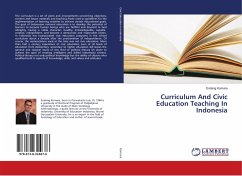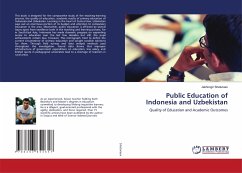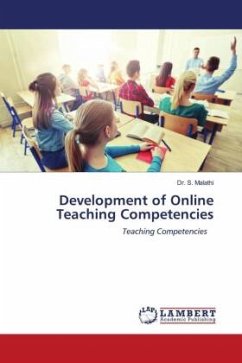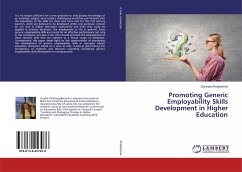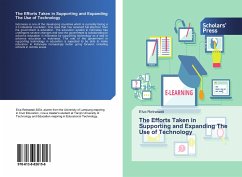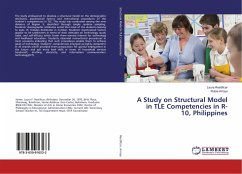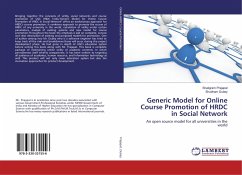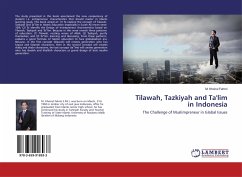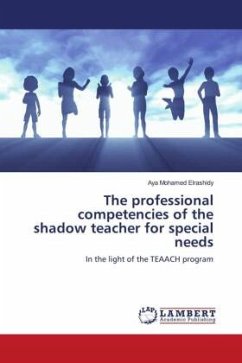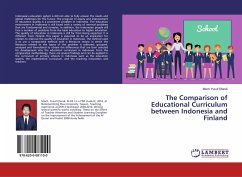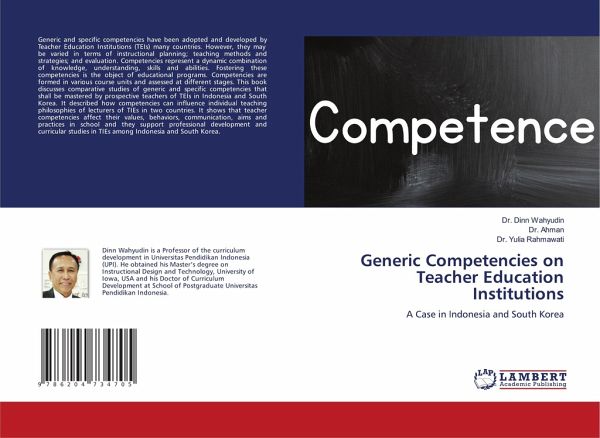
Generic Competencies on Teacher Education Institutions
A Case in Indonesia and South Korea
Versandkostenfrei!
Versandfertig in 6-10 Tagen
20,99 €
inkl. MwSt.

PAYBACK Punkte
10 °P sammeln!
Generic and specific competencies have been adopted and developed by Teacher Education Institutions (TEIs) many countries. However, they may be varied in terms of instructional planning; teaching methods and strategies; and evaluation. Competencies represent a dynamic combination of knowledge, understanding, skills and abilities. Fostering these competencies is the object of educational programs. Competencies are formed in various course units and assessed at different stages. This book discusses comparative studies of generic and specific competencies that shall be mastered by prospective tea...
Generic and specific competencies have been adopted and developed by Teacher Education Institutions (TEIs) many countries. However, they may be varied in terms of instructional planning; teaching methods and strategies; and evaluation. Competencies represent a dynamic combination of knowledge, understanding, skills and abilities. Fostering these competencies is the object of educational programs. Competencies are formed in various course units and assessed at different stages. This book discusses comparative studies of generic and specific competencies that shall be mastered by prospective teachers of TEIs in Indonesia and South Korea. It described how competencies can influence individual teaching philosophies of lecturers of TIEs in two countries. It shows that teacher competencies affect their values, behaviors, communication, aims and practices in school and they support professional development and curricular studies in TIEs among Indonesia and South Korea.



